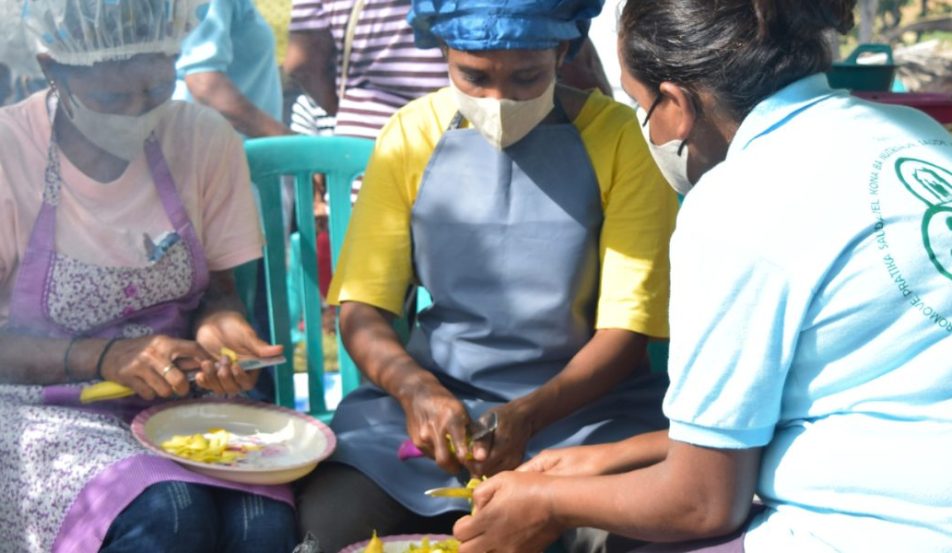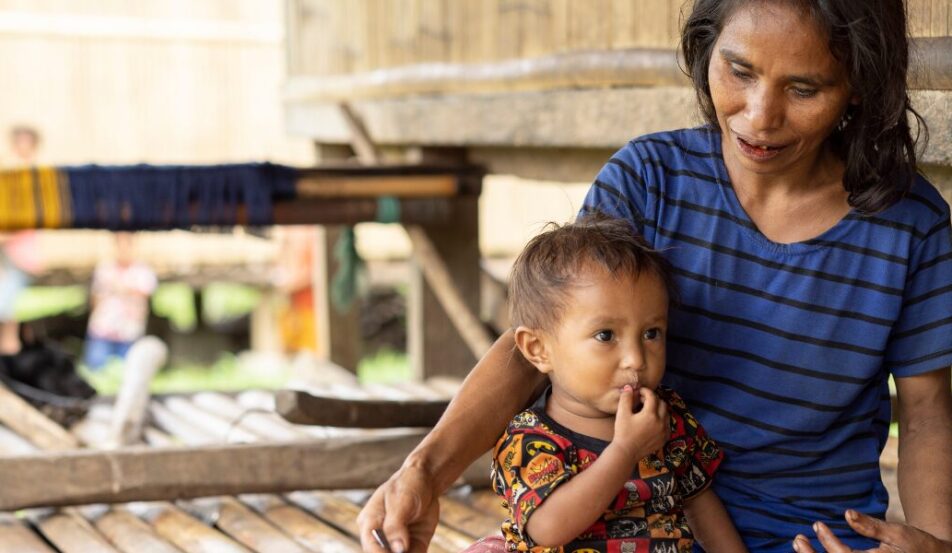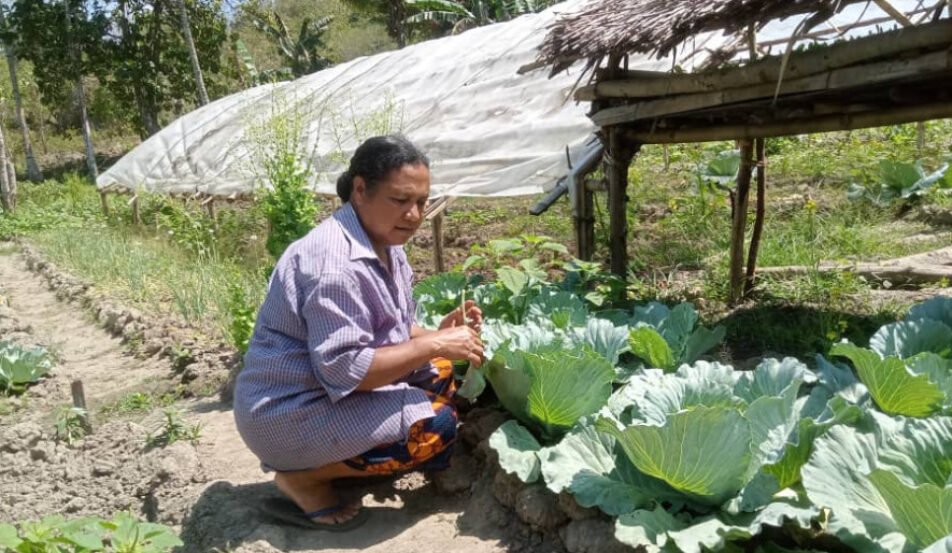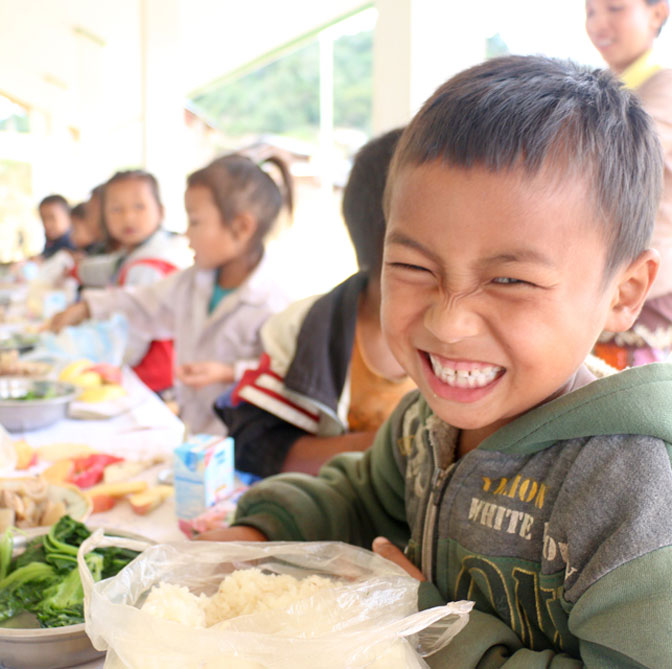The impact of food insecurity in Afghanistan
What does food insecurity mean?
Food insecurity occurs when people do not have access to all of the food that they need to feed themselves or their families. Food insecurity is most often connected to poverty, but even the world’s poorest should still have access to healthy, nutritious food. The concept of food security may seem self explanatory, but the definition has had several changes since it was first put into place in 1974.
At the World Food Conference in 1974, the definition of food security was primarily focused on the availability of food. Food insecurity can be caused by adverse environmental conditions such as droughts, which affect food production to the extent that it becomes scarce. This impacts the people and families in the local community who are dependent on this food for their survival.
Food insecurity, however, can also occur even when food is widely produced. High food costs, poverty and political and economic instability, such as in the Afghanistan Food Crisis, can prevent people from accessing enough food. A lack of grain exports because of the conflict in Ukraine has led to a global food crisis, which could reach famine levels, according to the United Nations.
The United Nations’ Committee on World Food Security (CFS) has changed its definition of food security to: “when all people, at all times, have physical, social and economic access to sufficient, safe and nutritious food which meets their dietary needs and food preferences for an active and healthy life”.
What is threatening Afghanistan’s food security?
In Afghanistan, a combination of decades of conflict in the country, the COVID-19 pandemic, economic collapse, and recent years of drought has had a devastating impact on food security in the country.
Afghanistan is one of the most aid-dependent countries in the world. Many essential services that were delivered with assistance from international organisations are now gone. A lack of income, food and access to essential services now threaten the lives of the poorest children in Afghanistan.
Increases in food and oil prices around the world since Russia’s invasion of Ukraine are also compounding the food crisis in Afghanistan.
Currently, the United Nations classifies Afghanistan as between the “acute food security” and “humanitarian emergency” stages of food insecurity, with millions of people in Afghanistan now considered to be food insecure.
Key factors of food security
According to the United Nations CFS, there are five key factors of food security:
1. Availability
There must be enough diversity of food available for people to satisfy their dietary needs. The food needs to be clean, uncontaminated, and easy to prepare. Climate change and natural disasters such as the drought in Afghanistan may prevent food production, and therefore the availability of food.
2. Access
Food may be available, but is it accessible to everyone? Some people may be unable to afford food without sacrificing other basic needs. For example, a family living in poverty and without a stable income may not be able to afford enough food after paying for housing or health care. In Afghanistan, more than half of the country’s population lives below the poverty line.
3. Utilisation
Sometimes people may have food but not be able to use it in a way that helps them reach a state of nutritional well-being. This may be because of a lack of knowledge about basic nutrition and care, or lack of access to clean water, electricity, or sanitation. For example, imagine attempting to use dried pasta or rice without a functioning stovetop or trying to cook without proper pots and pans.
4. Stability
To be food secure, people must have food available and accessible. They should not risk losing access to food as a result of sudden shocks such as a natural disaster, conflict, political instability and unemployment.
5. Agency
Everyone should have a say in how their food is produced and in what food they will be eating. Unfortunately, people who are currently or historically disadvantaged are less likely to have agency over their food. In response to the Afghanistan Food Crisis, ChildFund is distributing cash transfers to vulnerable families, empowering them to make their own choices on the food and other essentials they buy.
Why is food security such a pressing issue?
Food security has been a critical global issue for decades. With a growing population, as well as the effects of climate change and political instability, addressing challenges with food security will need to be prioritised for years to come. The world’s population is predicted to reach 9 billion by 2050. With climate change causing natural disasters such as droughts and crop losses, this growing population puts further pressure on food security globally.
In countries such as Afghanistan, cumulative years of poverty and conflict only add another layer of difficulty to achieving food security. Nearly 9 million people in Afghanistan are now facing emergency levels of food insecurity and are at risk of starvation.
You can help to support the people of Afghanistan by donating to our Afghanistan Food Crisis Appeal today. Your donation will go to the families who need it the most, including widowed and single mothers without income and their children. You can also use our tax calculator to estimate the potential tax benefit of your donation.


































